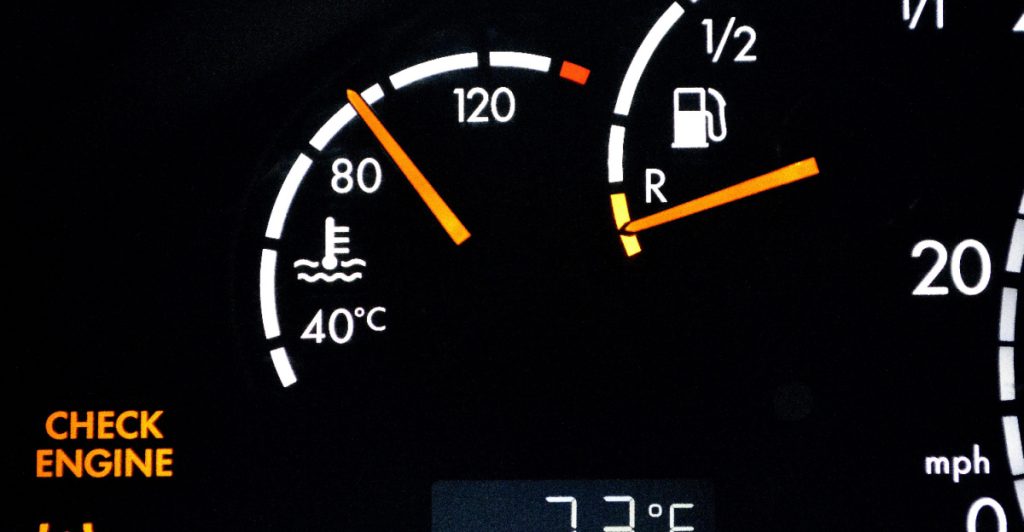Ford has announced a massive recall of more than 850,000 vehicles in the U.S. due to a potentially dangerous fuel pump defect. The issue increases the risk of engine stalling, especially in hot weather or with low fuel levels, raising concerns about road safety and vehicle reliability.
Others are reading now
Ford has announced a massive recall of more than 850,000 vehicles in the U.S. due to a potentially dangerous fuel pump defect. The issue increases the risk of engine stalling, especially in hot weather or with low fuel levels, raising concerns about road safety and vehicle reliability.
Fuel Pump Defect Triggers Major Recall

A flaw in the low-pressure fuel pump could lead to reduced fuel supply, increasing the likelihood of engine stalling and accidents, particularly in high-traffic conditions.
Over 850,000 Vehicles Affected

The recall affects a broad range of vehicles, including best-selling models such as the Ford F-150, Mustang, and Lincoln Aviator, highlighting the scale of the problem.
Warning Signs Owners Should Watch For

Drivers may notice symptoms like engine misfires, poor acceleration, reduced power, or the check engine light activating—early signs of potential pump failure.
Hot Weather Increases the Risk

The defect poses a greater danger in hot climates or when the fuel tank is near empty, conditions that can exacerbate the malfunction and its effects.
Also read
10% Estimated to Be Faulty

While over 850,000 vehicles are recalled, authorities estimate that around 10% may actually have the defective component—a significant number given the size of the recall.
NHTSA Investigating Consumer Complaints

The U.S. National Highway Traffic Safety Administration has received multiple complaints from drivers who experienced sudden power loss, prompting the recall.
Ford Yet to Finalize a Fix

Ford is still working on a definitive solution. In the meantime, owners are urged to stay alert to warning signs and consult dealerships if issues arise.
Safety First Amid Uncertainty

Until a fix is rolled out, Ford advises affected owners to remain cautious and prioritize regular maintenance checks to mitigate the risk of fuel pump failure.


